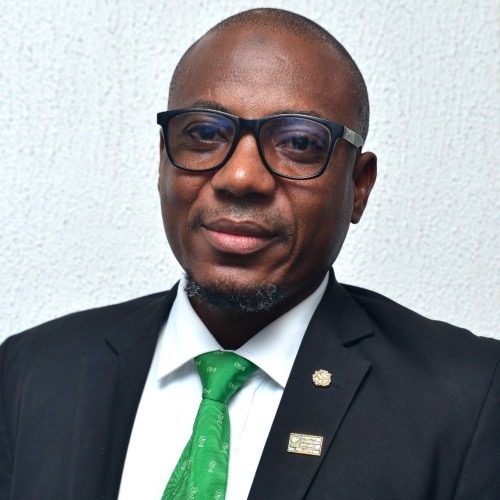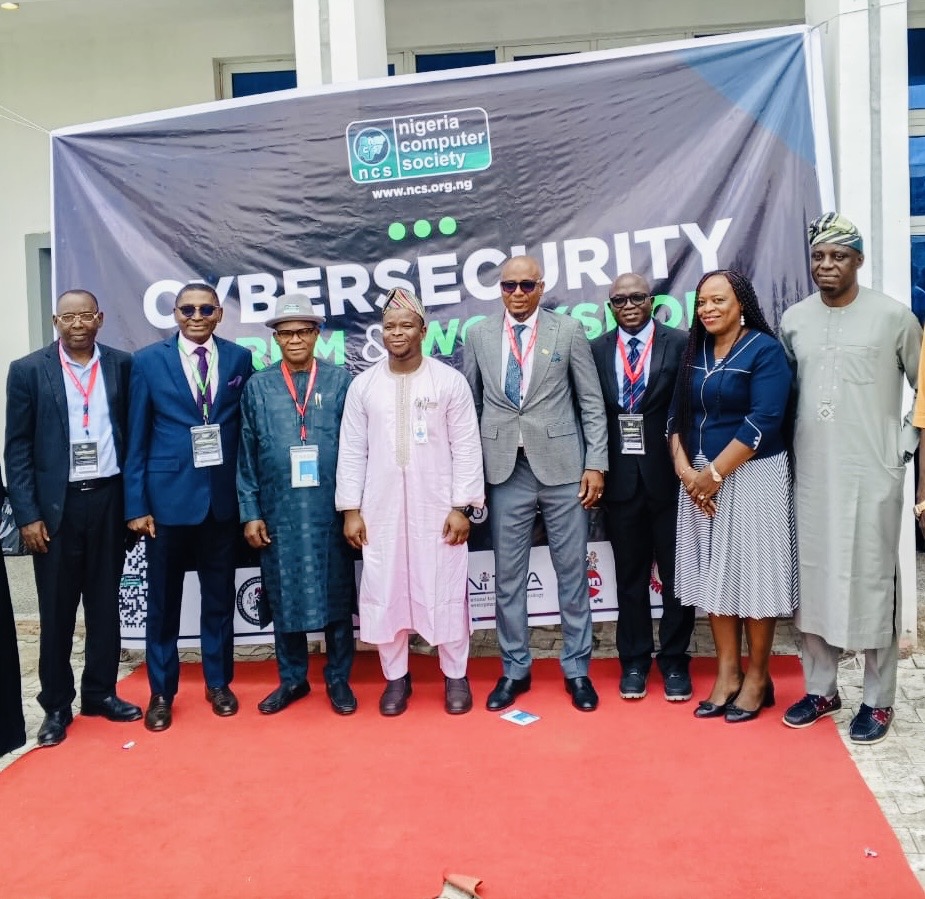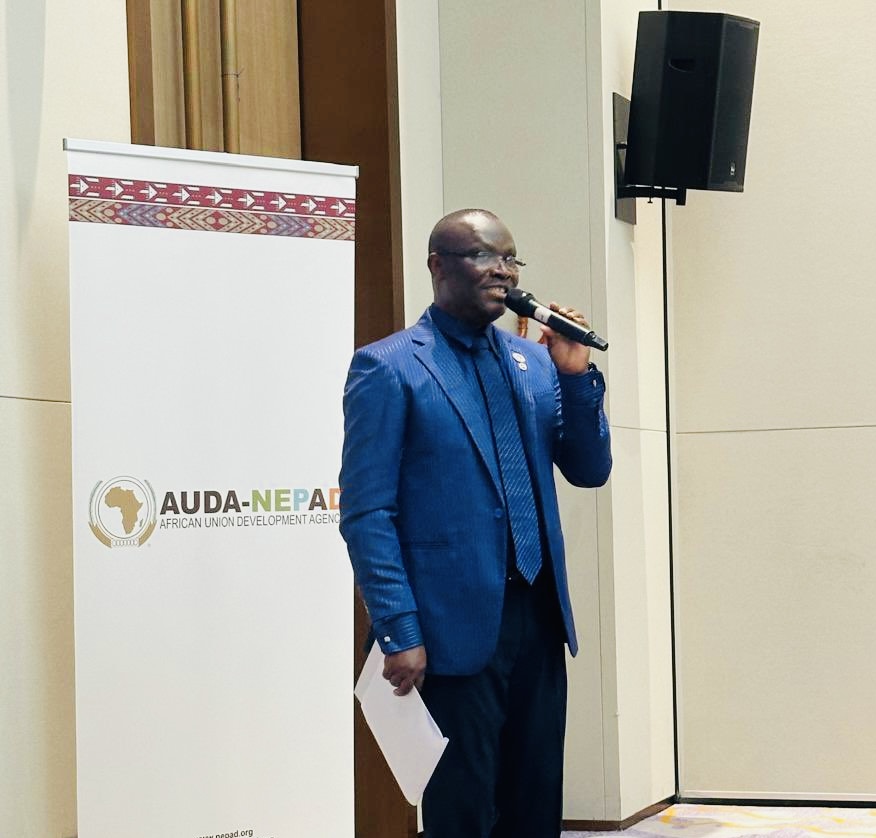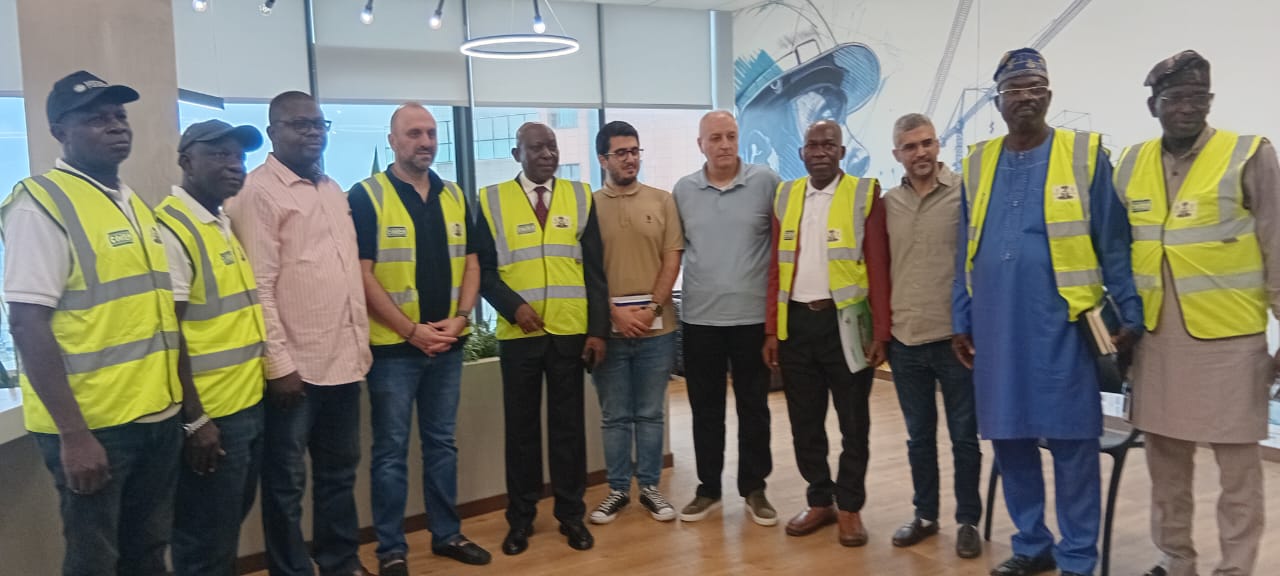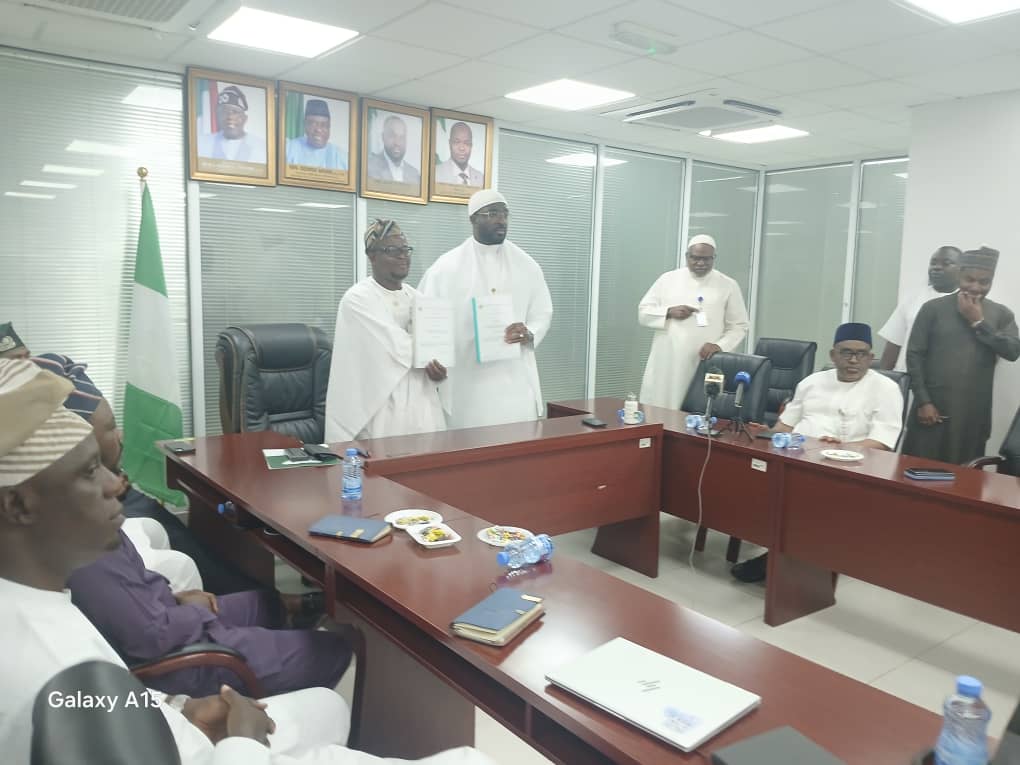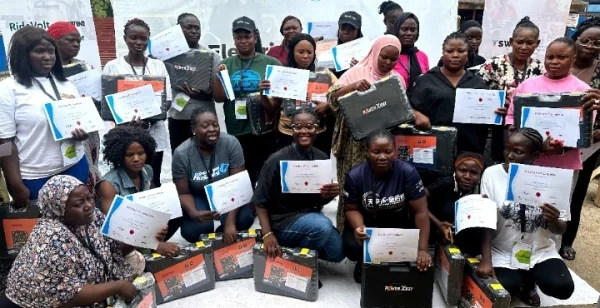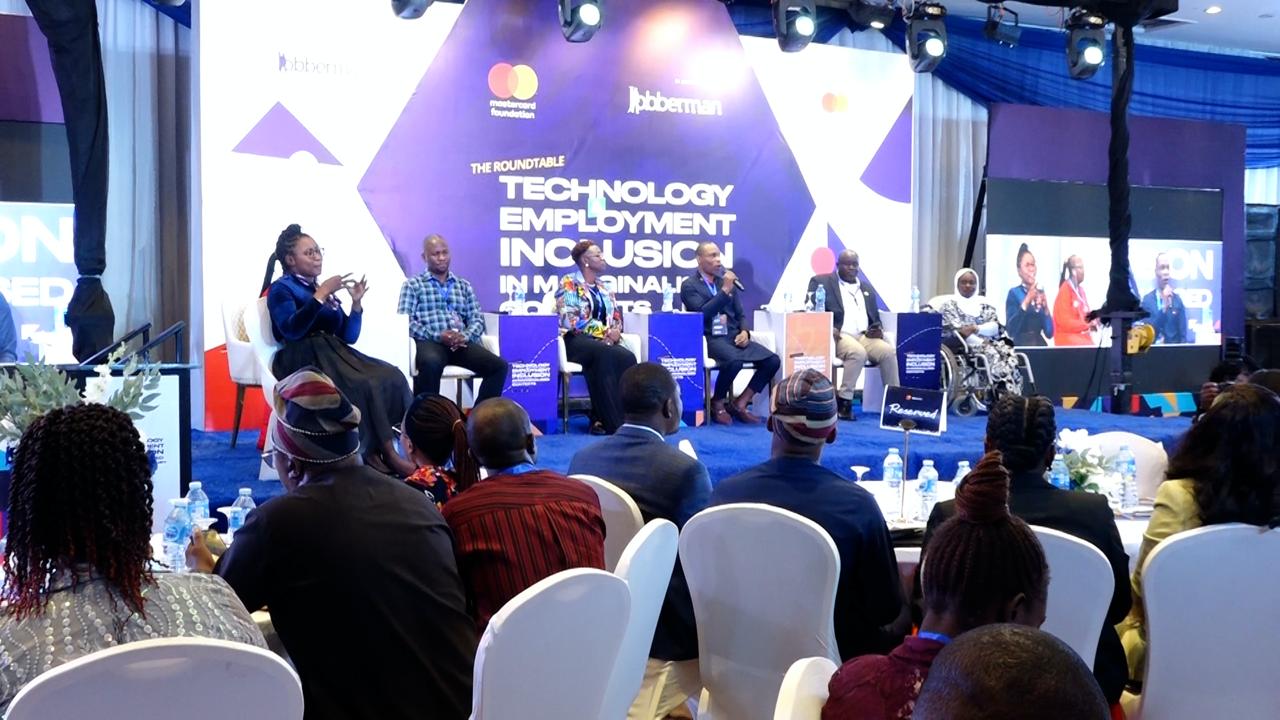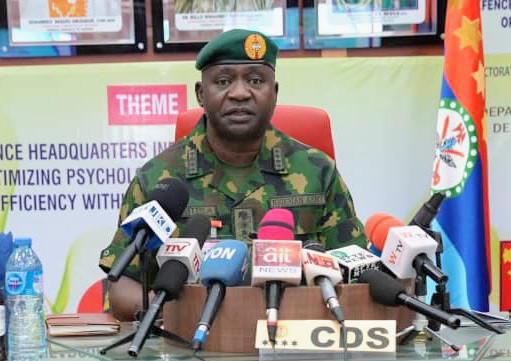167 total views today
By Olasunkanmi Onifade
The Chief of Defence Staff, Gen. Christopher Musa, has reaffirmed the commitment of the Armed Forces to collaborate with technology-driven enterprises, research institutions, and industry leaders in developing innovative solutions to enhance national security.
Musa made this known at the launch of Phase II of the NIGCOMSAT Accelerator Programme 2.0, held in Abuja.
Themed “Innovation in Orbit: Empowering the Next Generation of Space-Tech Entrepreneurs”, the programme is aimed at supporting early-stage space-tech ventures, fostering strategic partnerships, and promoting solutions that address key national priorities.
Musa, who was represented by the Chief of Defence, Transportation and Innovation, Air Vice Marshal Nkem Aguiyi, noted that as security threats become increasingly complex and asymmetric, the nation’s response must be intelligent, data-driven, and adaptive.
“Our investment in innovation must be viewed not merely as economic strategy, but as a strategic national imperative.
“The Armed Forces of Nigeria is ready to partner with technology enterprises, research bodies, and industrial leaders to co-create solutions that secure our borders, protect national assets, and promote peace and stability,” he said.
He called on stakeholders across the public and private sectors to support the initiative by providing training platforms, access to funding, and the infrastructure required to nurture innovative ideas.
“Through sustained collaboration, we can unlock the full potential of our brightest minds,” he added.
Musa emphasised that the synergy between defence and technology had never been more critical.
He noted that the Accelerator Programme was a clear demonstration of a shared commitment to nurturing home-grown solutions, empowering young entrepreneurs, and transforming Nigeria into a knowledge-based economy.
“By creating pathways to mentorship, funding, and technical support, NIGCOMSAT is not just accelerating startups but also accelerating national progress,” he said.
He further commended the inclusion of Nigeria’s Startup Act and innovation policy framework in the programme, describing them as key tools for building a sustainable and globally competitive innovation ecosystem.
“For the Armed Forces, this is an opportunity to work closely with innovators in building tools and systems that strengthen national resilience and security,” he added.
Also speaking, the Inspector General of Police, Mr Kayode Egbetokun, described the launch as a testament to Nigeria’s readiness to harness indigenous innovation for national development and strategic growth.
Egbetokun, represented by the Force Communications Officer, CP Hammed Sule, said the initiative would help bridge digital divides, empower institutions, and enhance service delivery across sectors.
“We are committed to working with NIGCOMSAT to ensure these innovations result in tangible improvements in national safety and security.
“With improved connectivity, the Police Force can enhance its use of technology to protect lives and property, secure infrastructure, and respond promptly to emergencies nationwide,” he said.
The Managing Director of NIGCOMSAT, Mrs Jane Egerton-Idehen, said the Accelerator Programme was designed to scale impact by equipping entrepreneurs with tools, mentorship, funding opportunities, and global exposure to tackle real-world problems.
“Space is no longer a distant frontier. It is a vital domain that supports everything from precision agriculture and disaster management to financial technology, environmental monitoring, and national security,” she said.
Egerton-Idehen said the programme was created as a launchpad for Nigerian startups, engineers, data scientists, and innovators eager to build space-based solutions.
“As the world moves towards a trillion-dollar space economy, Africa must position itself not just as a consumer, but as a creator of space technologies,” she said.
According to her, Nigeria’s large youth population, growing tech talent, and expanding digital infrastructure place the country in a strong position to lead.
“We must go beyond investing in satellites. We must invest in ideas, people, and systems that turn potential into practical innovation,” she added.
The programme, she noted, aims to incubate early-stage ventures and facilitate strategic partnerships among startups, academia, and industry.
A beneficiary of the programme, Mr Joseph Bozimo, founder of IDB Analytics Limited, said his innovation seeks to use biomigration data to predict insecurity and prevent farmer-herder conflicts.
“Everyone here has a digital footprint, from your phone number to your NIN. That’s the basis for integrating technology and security,” he said.
Bozimo noted that access to tools and exposure through the Accelerator Programme had helped bring structure and collaboration to their ideas.
“With platforms like Amazon Web Services and policy actors on board, we now have the support needed to move forward. What remains is continued innovation and consistency,” he added. (NAN)
Edited by Chidinma Agu/Kadiri Abdulrahman




